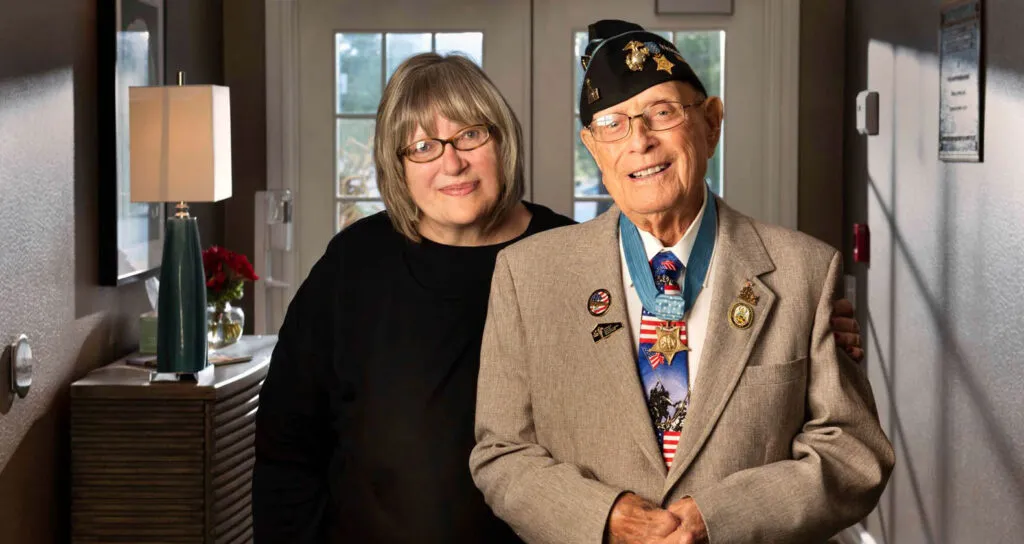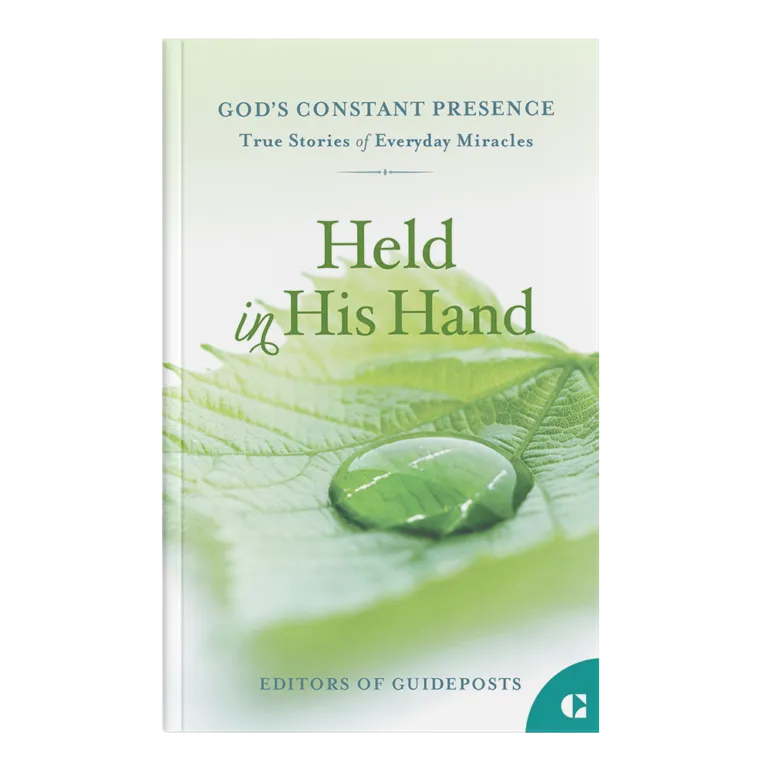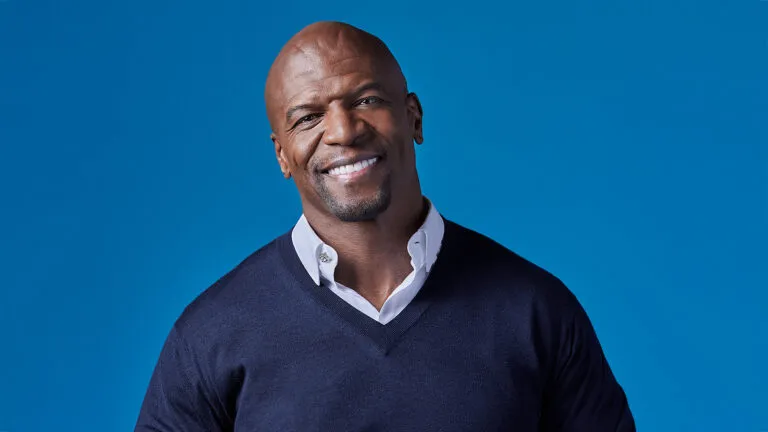My first assignment as a VA nurse is as vivid in memory as if it were yesterday. I was 23 years old, with a mere four years of experience under my starched cap. Those on my watch included veterans of five wars: Spanish-American, World War I, World War II, Korea, and the recently-ended Vietnam. I was positively terrified.
My experience with war was limited to the little I remembered from history class and the occasional teen-aged soldier in the Army-green uniform I’d see at the airport. I mostly took for granted the freedoms and comforts I enjoyed.
Eight hours on March 1, 1978, changed all that.
The medical ward was abuzz that night with call lights to answer and never-ending tasks. One patient needed a dressing change on his agonizingly-painful hip. World War II had ended over three decades before, but the bone infection from his shrapnel wound continued to ooze. At the same time, a decorated Korean veteran from rural Kentucky called out for a sedative. “Hasn’t slept one night since he came home,” his wife said. I tallied the time in my head. Twenty-five long years.
Heading down the hall to administer a tube feeding, I watched a double-amputee steer his wheelchair toward the room where comrades gathered during restless nights. I stood outside the doorway, listening for a snatch of conversation to help me understand my new patients.
“A vet gave a talk at the Legion the other evening,” a guy sputtered between coughs. “Name was Woody. Said freedom wasn’t free.”
After a long moment of silence, another voice added: “Don’t. That. Just. Say. It. All?”
I came to learn a lot about this veteran named Woody, a valiant American residing in my small city of Huntington, West Virginia. And then I came to learn a lot from him. Hershel “Woody” Williams had received the U.S. military’s highest decoration for valor, the Medal of Honor, for heroism above and beyond the call of duty during the Battle of Iwo Jima in World War II.
But as I came to know Woody through the years, it became clear that his real heroism was displayed in the decades after he returned from the war. Woody eventually went on to dedicate his life to helping thousands of veterans live productive lives. Today, the Hershel “Woody” Williams Medal of Honor Foundation provides scholarships to Gold Star children and helps to establish Gold Star Family Memorial Monuments across the country.
The quiet influence of this humble patriot, America’s only living Medal of Honor recipient from World War II, was to shape my care of veterans over my 38-year VA nursing career. I’m honored to call him my teacher. His lessons on veterans—and living—are as timeless as the man himself. Here they are:
The best ability is availability. My first night on the job, I felt woefully inadequate to care for all of those who had served our great country. Yet as I listened to my veterans’ stories, I was stunned to discover that courage was sometimes simply fear that had said its prayers. Putting one combat boot in front of the other and answering “Yes” to the task at hand. It fascinated me that when Woody Williams first tried to join the service, the Marines didn’t take him. At five-foot-six, he was an inch shy of the height requirement. The kid from the dairy farm in Fairmont, West Virginia, who weighed only 3 ½ pounds at birth, and wasn’t expected to even live, was undeterred. The second time he declared his availability, the requirement had been changed. Whether defending our country on foreign soil, or serving veterans on the home front, his response to challenges remains the same: “I’ll try. I’ll be there. I’m available for whatever is needed.”
Our past doesn’t have to define us. When Woody Williams returned home to West Virginia after the war, his mind, heart and spirit were burdened with the unspeakable horrors of war. Nightmares plagued him, and he turned to alcohol to numb the pain. At times it seemed that his war wounds would win. But then Woody began to share his experiences at the local VFW, DAV, American Legion, and community groups. Each time he told what he’d been through, his load got a little lighter. It was then he learned the power of sharing one’s personal story. He ended up serving veterans for 33 years as a Department of Veterans Affairs service officer, connecting with individual veteran stories to tap into the resources and help they needed. Today, at the age of 98, he still travels over 200 days a year to inspire folks all over America.
Nobody can do it alone. On Easter Sunday of 1962, Woody turned his life over to Jesus. This, as I’ve heard him say countless times, was what finally gave him the strength to overcome his wartime demons, to no longer rely on alcohol to numb his pain and to dedicate himself to a lifetime of serving other veterans. Simply put, his pain was transformed into a divine purpose. We all have our own struggles—at times I didn’t see how I could make it through my nursing shift due to chronic pain. .But then I would think about Woody’s approach to serving veterans and rely on God to transform my weakness by his strength. I learned I didn’t have to tackle the whole shift at once. If I took care of the moments, in God’s power—not mine—the hours would take care of themselves.
The highest expression of love is the sacrifice of human life. One of the most harrowing effects of the war on Woody was the realization that two fellow Marines were killed in action while protecting him from enemy fire. I’ve frequently heard Woody referred to as a hero. But as much as he appreciates the honor, he is quick to counter that claim. “The real heroes of war are the ones who didn’t get to come home,” he often says. One evening I overheard Woody addressing a group of people. “This medal does not belong to me,” I heard him say. “It belongs to them. I wear it in their honor.” That statement had a profound impact on me. I studied the diplomas on my office wall. An accolade is only as meaningful as those it helps you serve, Roberta, they seemed to say. As Veterans Day approached, I replaced my wall of diplomas and awards with my collection of framed vintage prints of soldiers going off to war. My Wall of Honor had such a positive effect on connecting with my patients; I learned that making veterans the center of their care reaps rewards beyond measure.
Caring for veterans is often in the interruptions. One of my fondest memories of Woody was observing him from the sidelines as he prepared to participate in a local Memorial Day parade. In the crowd was the wife of one of my patients who’d recently passed away. When she tugged on the sleeve of his uniform, Woody stopped to take her hand. “I’m so sorry for your loss,” I heard him say with eyes that looked into the brokenness of her heart. That gesture, so typical of his big, little moments, spoke volumes to me. No matter how busy it gets, Roberta, always pause what you’re doing for what matters. When teaching staff on the front lines of veteran care, I often recounted it. The parade of life could go on without us. Those not-to-be-duplicated moments would never be ours again.
A Hearing Heart trumps everything. I recently had the opportunity to meet up with Woody at a diner in Milton, West Virginia. The hostess couldn’t wait to show me their “Woody Wall.” But when we eventually found a moment to connect, Woody immediately wanted to hear my veteran stories. I reminded him of one of my patients who had wrestled with post-traumatic stress. “You really listened to him,” I said. In my mind’s eye, I could still see that Veteran, those chapped fingers raking his curly brown beard as he recounted the hero who gave him all the time he needed. Another time, I caught a glimpse of Woody talking with a weary veteran waiting for her number to be called for a lab test. I knew of her long battle with leukemia and that she lived alone. But someone had stopped and showed her she was seen and known, filling her face with a pride no medical diagnosis could take away. “That man sees the price of freedom on every face here, Roberta,” she told me. VA nursing was never the same for me after that. When I grasped the gift of a hearing heart, the care—and the caring—of veterans amazingly fell into place.






